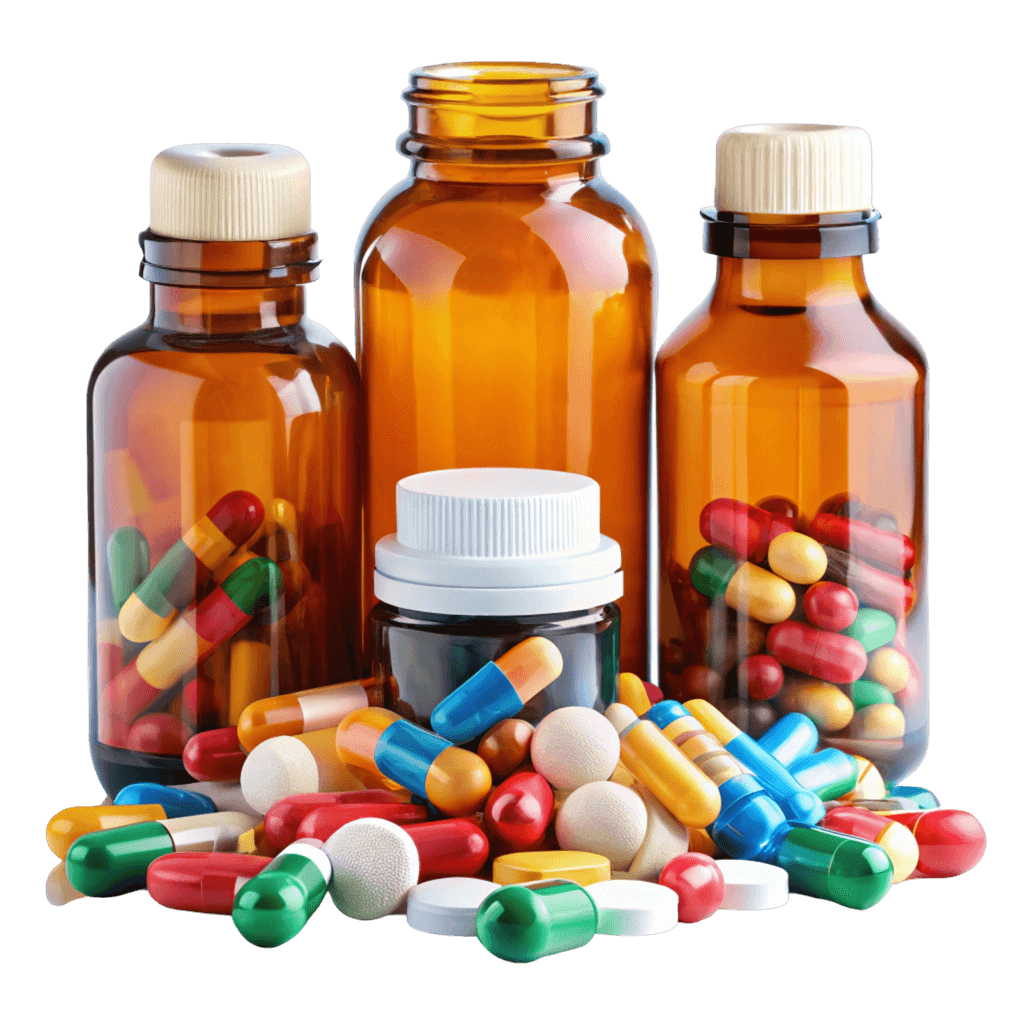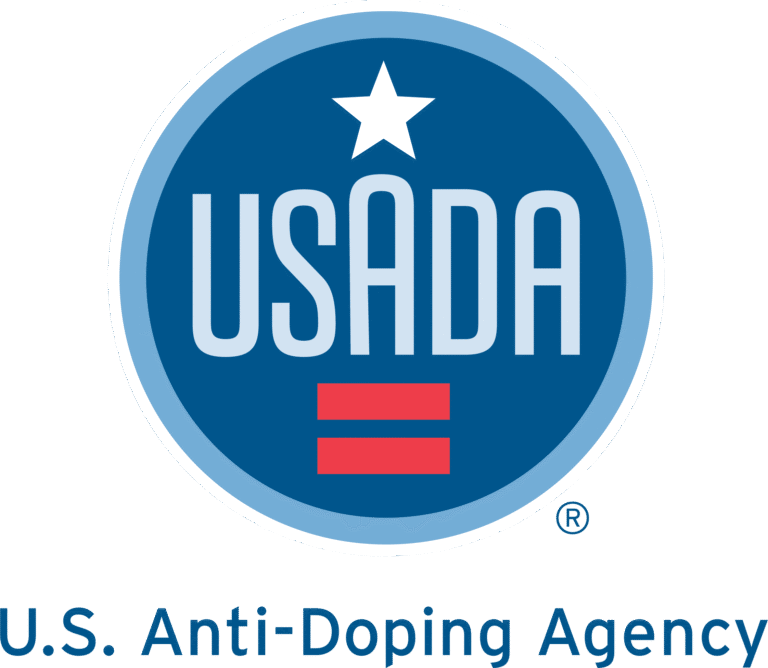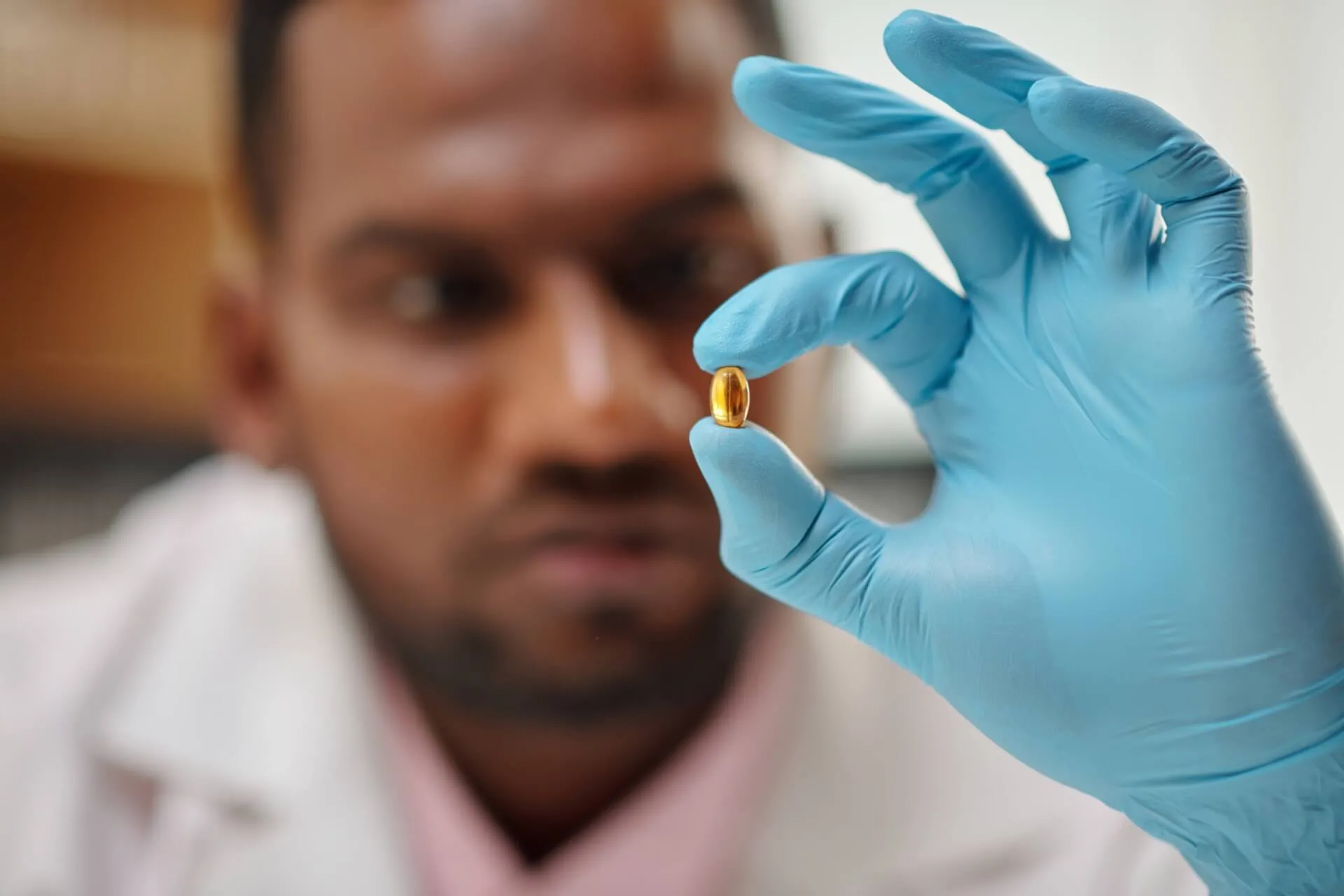Warning Signs
RECOGNIZE:
Learn to recognize prohibited substances on labels or in advertising
Spotting prohibited substances on labels or in advertising is an obvious way to tell if a supplement is risky. But remember, labels are not always accurate. Sometimes the label is missing ingredients in the product and sometimes the product is missing ingredients on the label. Also, it’s not always easy to recognize prohibited substances because they may be listed by uncommon synonyms, or obscure and made-up names.
USADA.org is an excellent resource for finding information on some dangerous ingredients. Type in the name of the substance you are looking for in the Search bar at the top of any page to find relevant articles.
Global DRO can also be a useful resource for many prohibited ingredients, but beware, not all synonyms or names for ingredients are on Global DRO. If there is an ingredient you don’t recognize, contact drugreference@USADA.org.
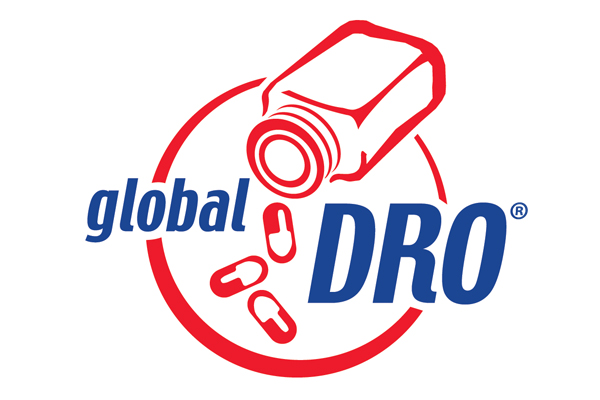
RECOGNIZE:
Learn to recognize extreme performance-enhancing claims and risky product categories
The Food and Drug Administration (FDA) has clarified that products for muscle building (body), weight loss/energy, and sexual enhancement are those most commonly spiked with drugs or other illegal ingredients. Athletes should avoid all products in these product categories. Further, if a product advertises to deliver performance-enhancing benefits, be skeptical of exaggerated claims that would not seem possible for a simple food to deliver. For example, products that promise to build a lot of muscle quickly, or to give a buzz to your workout should be a red flag.
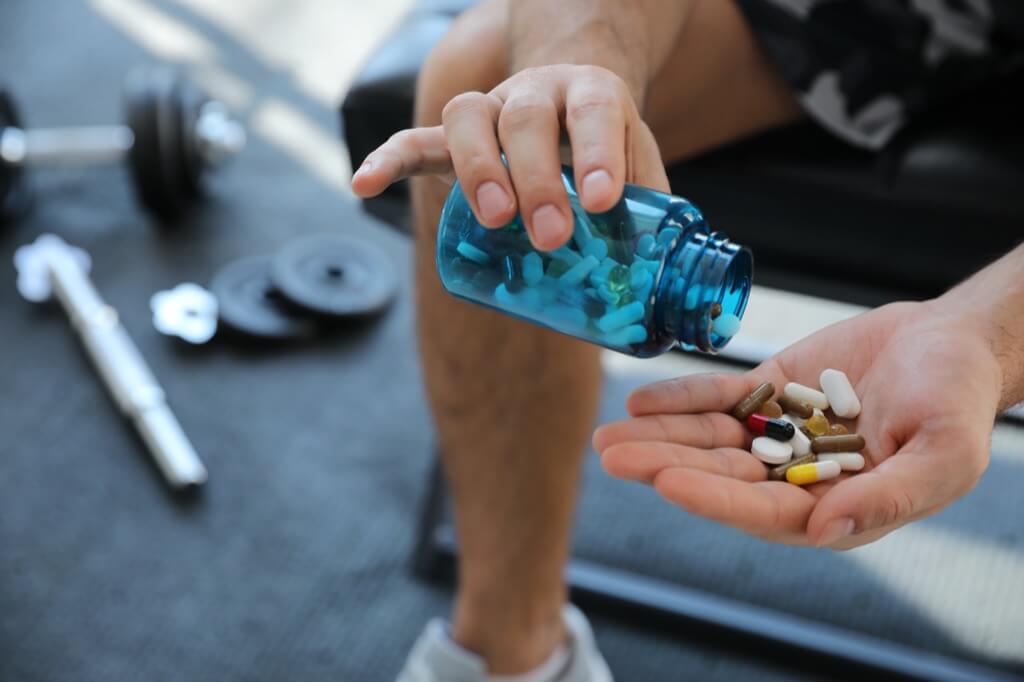
RECOGNIZE:
Learn to recognize names that might indicate a stimulant or steroid is present
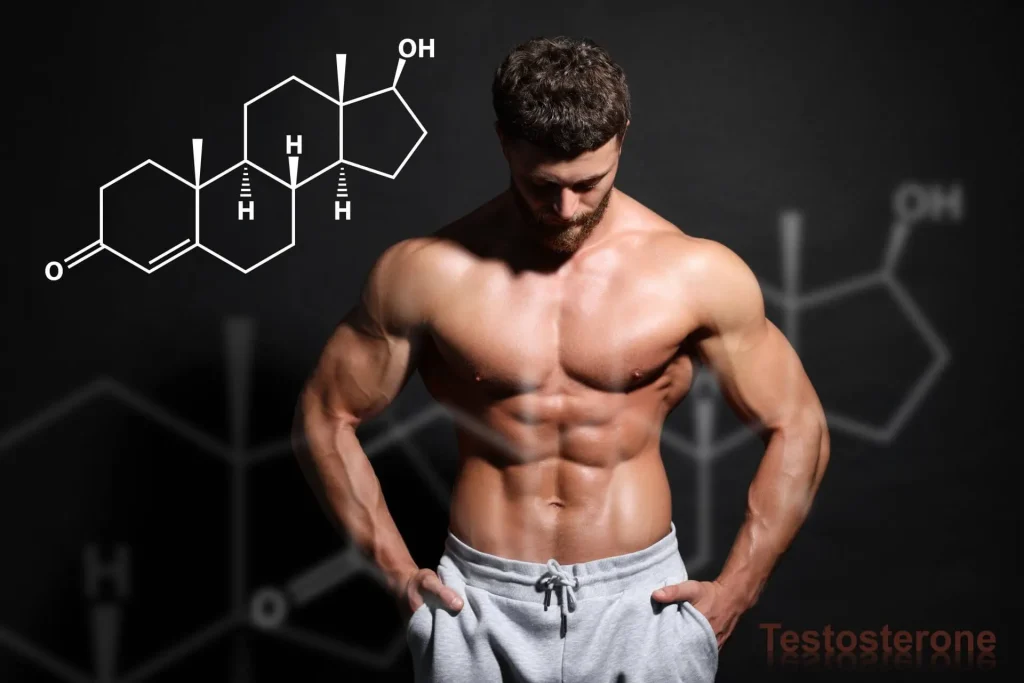
If you see ingredients on a supplement label that have numbers coupled with Greek letters (like 1α or 1β or 3α or 3β, 17α or 17β, etc.), or any of the phrases below, the product might contain steroids or stimulants.
- -ol, -diol
- -one, -dione
- -dienone
- -stene
- -amine, -arine
- -ermine
- -heptane
- -hexane
- -pentane
- -aminol
RECOGNIZE:
Learn to recognize illegal health claims
It is illegal for dietary supplements to promote themselves as fighting disease (cancer, obesity, the common cold, warts, diabetes, high cholesterol, etc.). A claim that a product is “protective against the development of cancer” or “reduces the pain and stiffness associated with arthritis” are examples of disease claims. Moreover, some supplements that promise to be all-natural alternatives to prescription medications actually contain active pharmaceuticals.
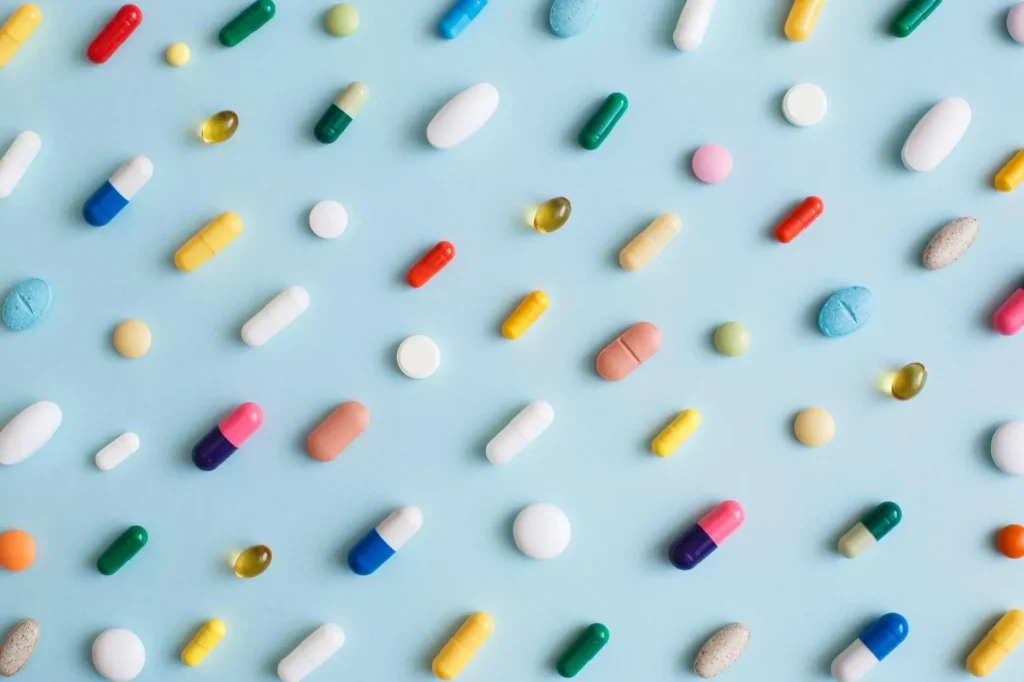
RECOGNIZE:
Learn to recognize exaggerated or false promises

Watch out for claims like those below or the use of impressive sounding scientific jargon.
- “newest scientific breakthrough”
- “secret formula”
- “money back guarantee”
- “quick fix”
- “used for thousands of years”
- “what the experts don’t want you to know”
RECOGNIZE:
Learn to recognize situations where the “clinical studies” don’t really support the advertising claims
Some studies “proving” the effectiveness of a supplement are poorly conducted and are not scientifically valid (they don’t really prove anything). These studies may also be so narrowly defined that it’s difficult to figure out if the effect will have meaning for your own health or performances. Companies sometimes conduct “proprietary” (i.e., secret) research but never allow the raw data or the study design to be evaluated by experts. Nevertheless, they advertise their product with claims like “university studied,” “university approved,” or “clinically proven.”
If you are going to rely on clinical studies to help you make a decision about a supplement, learn to recognize studies that are not relevant to you or your sport goals.

RECOGNIZE:
Learn to recognize illegitimate endorsements

Neither USADA nor WADA endorses or approves dietary supplements. In addition, the FDA does not approve or evaluate supplements in any way. If a product advertises to be approved by one of these organizations, then that is a red flag.
Energy Drinks vs. Sports Drinks: What's the difference?
What's the difference between energy drinks
and sports drinks?
Most people think “sports drinks” and “energy drinks” are two different things, but the FDA doesn’t actually separate them that way. Those labels are just marketing buzzwords companies use to sell to different groups of people.
What’s more, the same drink could legally be sold as either a “food” or a “supplement”—it’s basically up to the company to decide how to label it. The catch? The FDA doesn’t double-check those choices. And that matters, because whether a drink counts as food or a supplement changes which rules apply—like what’s required on the label and what info has to be shared with you.
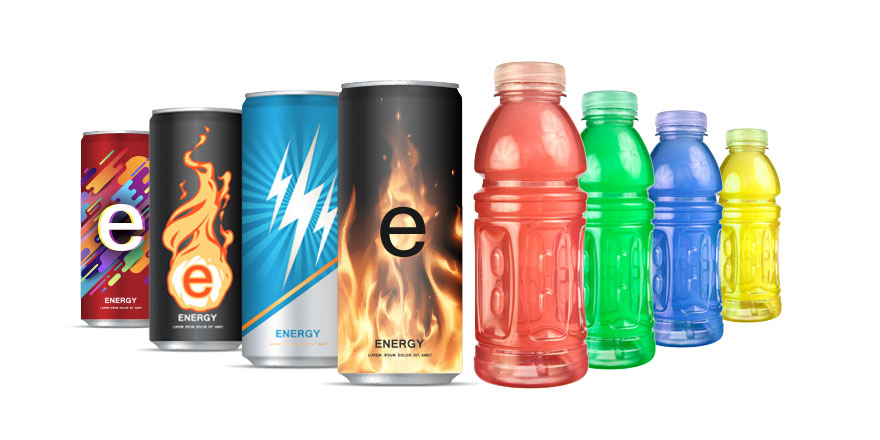
4 Things to Know About Energy Drinks
It’s easy to be tempted by the marketing schemes of energy drinks, especially when athletes are trying to stay fueled and hydrated. However, it’s important to know that energy drinks are not necessarily a healthy, or even safe, way to hydrate.
In the following, USADA’s Special Advisor on Drug Reference and Supplements, Amy Eichner, PhD, shares four things you should know about energy drinks.
Energy drinks are not the best choice for hydration.
According to numerous studies, water is simply the best fluid for hydration and thirst is really the best guide as to how much someone needs to drink in order to stay properly hydrated. The high sugar and caffeine (or other stimulant) content of energy drinks is detrimental to hydration and poses additional health risks, including adverse effects from caffeine and extra calories that contribute to weight gain. In general, energy drinks should not be used for hydration before, during, or after physical activity.
Feeling a "rush" is a warning sign of stimulant or vitamin overdose.
Contrary to popular marketing, the presence of high doses of vitamins, such as niacin, do NOT actually make a beverage healthy. Because some energy drinks tout high concentrations of vitamins and warn users about a skin flush or other sudden rush, people may drink an energy drink with the expectation that they will “feel something” and when they do, they think the product must be working.
However, consumers should be aware that foods and drinks should never cause side effects. As such, a niacin overdose resulting in skin flushing, increased heart rate, or sweating due to stimulants is actually considered an adverse event by health care providers. These effects are NOT considered good!
Energy drinks can contain more caffeine than soda.
Contrary to popular belief, there is no legal limit to the amount of caffeine that companies can put into energy drinks, and it’s been found that energy drinks can contain up to 10 times as much caffeine as soda drinks. You should not assume that the amount of caffeine in an energy drink is on par with soda beverages and it’s important to recognize that the effects of caffeine are dose-dependent. The higher the dose, the more likely you are to get the jitters, suffer insomnia, have irregular or racing heart beats, sweating, nervousness, or seizures.
For more evidence of the risks of highly caffeinated energy drinks, take a look at the story of Dakota Sailor, a high school football player who suffered a seizure and stopped breathing after consuming just two energy drinks.
Don't rely on energy drink labels to know whether they're safe or not.
Energy drinks can be sold as foods (beverages are considered conventional foods under the law) and labeled with a Nutrition Facts panel, or they can be sold as dietary supplements and labeled with a Supplement Facts panel. To evade food labeling and marketing laws, companies sometimes switch back and forth between the two labeling options.
An energy drink sold as a food is no safer than an energy drink sold as a supplement, and vice versa. Both can contain large amounts of caffeine or other ingredients that can be harmful, and many of these products evade labeling laws, which is why it can be difficult to know exactly what is in an energy drink.
Energy" "Pre-workout" "Mood" and "Cognitive" drinks may be risky.
Mauris vitae quam in justo dictum sodales. In eget tortor a nunc vehicula tempor. Nam ac tincidunt ipsum, eget accumsan nisi. Praesent porta, magna vitae dapibus pharetra, erat eros efficitur nunc, in mattis lectus libero a velit. Nulla facilisi.
Donec et urna vel risus feugiat pharetra. Proin id lacus vitae velit accumsan venenatis. Aenean non mi vel nisi lacinia maximus. Duis efficitur, sapien quis bibendum auctor, lectus risus feugiat sapien, ac pulvinar orci est a arcu. Integer id augue vitae urna tristique tempus.
Additional Resources
- Ruiz, L.D. and R.E. Scherr, Risk of Energy Drink Consumption to Adolescent Health. Am J Lifestyle Med, 2019. 13(1): p. 22-25. http://www.ncbi.nlm.nih.gov/pubmed/30627071
- Hammond, D., J.L. Reid, and S. Zukowski, Adverse effects of caffeinated energy drinks among youth and young adults in Canada: a Web-based survey. CMAJ Open, 2018. 6(1): p. E19-E25. http://www.ncbi.nlm.nih.gov/pubmed/29335277
- De Sanctis, V., et al., Caffeinated energy drink consumption among adolescents and potential health consequences associated with their use: a significant public health hazard. Acta Biomed, 2017. 88(2): p. 222-231. http://www.ncbi.nlm.nih.gov/pubmed/28845841
- Clinical Report–Sports Drinks and Energy Drinks for Children and Adolescents: Are They Appropriate? American Academy of Pediatrics, 2011. https://pediatrics.aappublications.org/content/127/6/1182
- Enriquez, A. and D.S. Frankel, Arrhythmogenic effects of energy drinks. J Cardiovasc Electrophysiol, 2017. 28(6): p. 711-717. http://www.ncbi.nlm.nih.gov/pubmed/28387431
- Ali, F., et al., Energy drinks and their adverse health effects: A systematic review of the current evidence. Postgrad Med, 2015. 127(3): p. 308-22. http://www.ncbi.nlm.nih.gov/pubmed/25560302
- https://www.caffeineinformer.com/the-caffeine-database
Energy Drinks FAQ
Click on the question to drop down the answer.
How can you decide between energy drinks and sports drinks?
Even though the labels might be confusing, research clearly shows that it’s safest to avoid energy products all together. Energy drinks contain high levels of sugar and caffeine (or another stimulant) that are detrimental to hydration and cause adverse health effects, including skin flushing, increased heart rate, or sweating from vitamin overdose.
Are sports drinks safe?
Sports drinks like Gatorade and Powerade are typically safer than energy drinks, but it’s still important to examine the ingredient list closely. Make sure to review the label for the sugar, carbohydrate, and electrolyte content.
Also, keep in mind that if you’re not exercising for more than an hour, you probably don’t need a sports drink to recover properly. In that case, consider skipping the fancy drinks and have water to rehydrate and chocolate milk for muscle recovery.
Final Thoughts
Bottom line: The supplement industry can be confusing, and labels don’t always tell the whole story. That means when you take a supplement, you might not know exactly what’s in the bottle or can.
Why does this matter? Because it can lead to:
- Positive anti-doping drug tests (for athletes)
- Serious health risks (for anyone)
If you use supplements, don’t leave it up to chance. Check out the REDUCE section to see how you can protect yourself, lower your risk, and make safer choices.
Reduce your Risk
From Dietary Supplements
Have a question?
Ask an Expert
Have a supplement question? Let the experts answer it for you. Submit your questions using our contact form.
